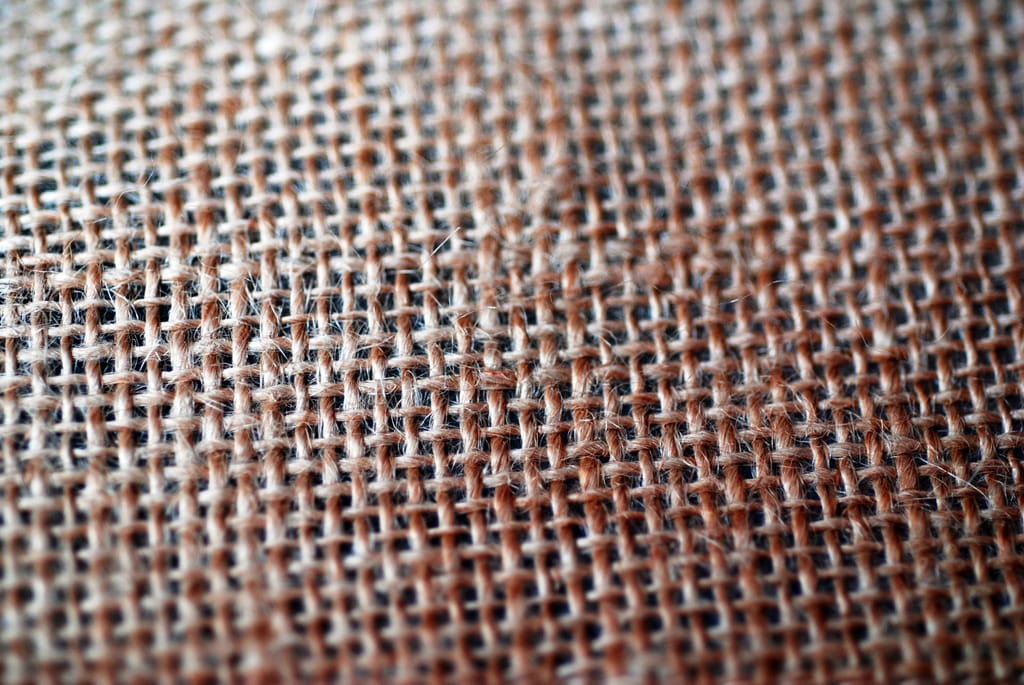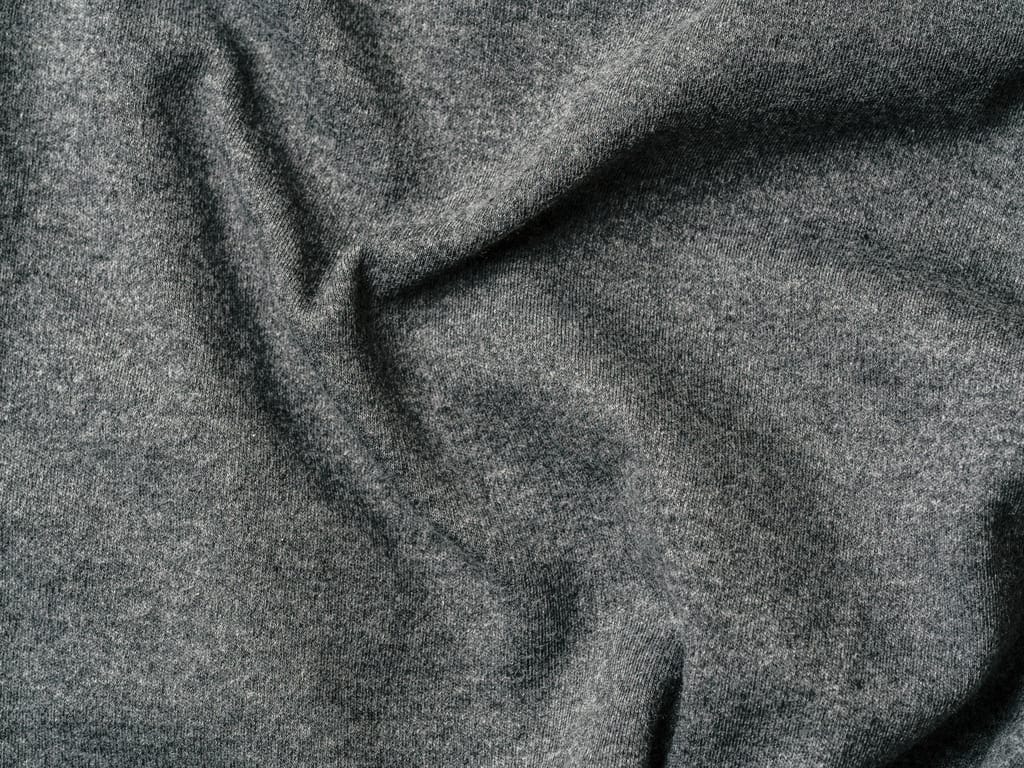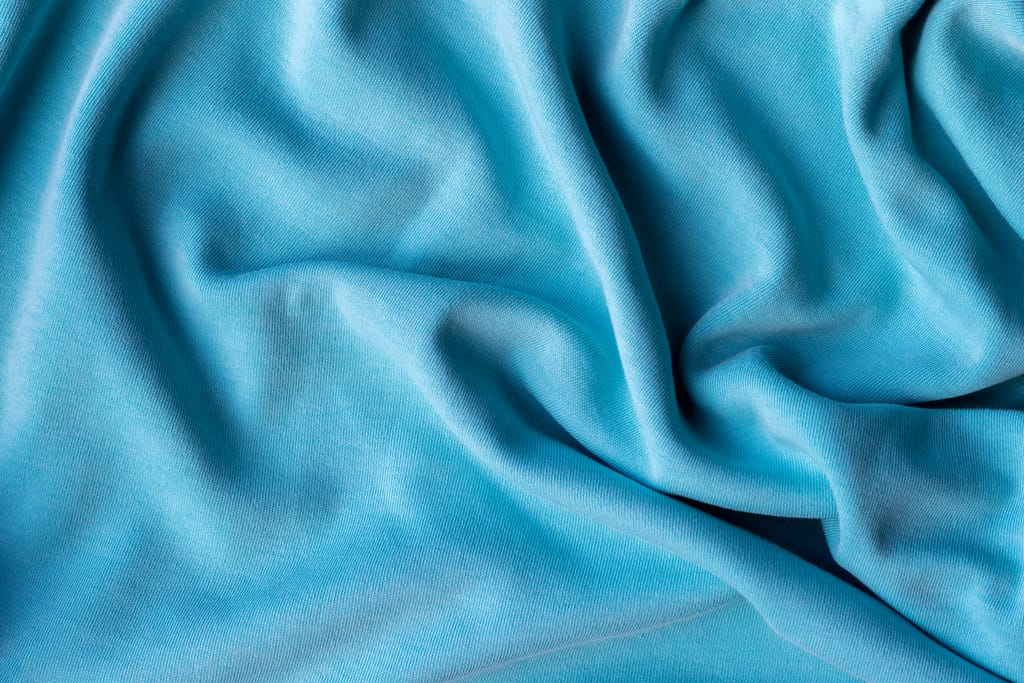What is jersey cotton?
Jersey fabric is a knitted fabric that is produced from either wool, cotton, or synthetic fibers. They identified the fabric for the type of knit stitch that is used to create it. Jersey cotton fabric is used to make T-shirts, sweaters, as well as bedding components. It is also used to make pants, skirts, and dresses. Jersey fabric is breathable and soft, making it a desirable choice for clothing and cover bedding.
The fabric is also very absorbent, making it a splendid choice for towels and other items that require quick drying. In contrast, other types of cotton fabrics have a looser weave and are lighter and thinner than jersey cotton.

Woven and dyed
Jersey cotton is lightweight and soft, making it an excellent choice for clothing and other items. They usually weave it in a circular or tubular pattern, which creates a distinctive look and feel. We also known it for its breathability, making it a popular choice for activewear.
Jersey cotton is produced on a specialized loom. The yarn is threaded through the loom, and the fabric is woven in a single direction. This creates a lightweight and durable fabric. Once the fabric has been woven, it is then dyed. This process involves submerging the fabric in a vat of dye and allowing it to soak until it reaches the desired color. The fabric is then removed and rinsed to remove any excess dye.
After this, the fabric is dried and then pressed to give it a smooth finish. Jersey cotton is a popular fabric choice because of its breathability and durability. It is also easy to care for and can be machine washed and dried. This makes it a brilliant choice because it can withstand the wear and tear of regular use.

Buying tips
- Look for jersey cotton with a tight-knit. The fabric should be dense and not have any gaps between the threads.
- Check for a high thread count. This will show that the jersey cotton is of a higher quality.
- Check the label to ensure they made the fabric from 100% cotton. This will ensure that the fabric is breathable and won’t wear out.
- Make sure the fabric is pre-shrunk. This will ensure that the fabric won’t shrink after washing.
- Look for certified organic cotton. This will ensure that they have grown the fabric without the use of any toxic chemicals or fertilizers.
- Feel the fabric to ensure it is soft and comfortable to wear.
- Look for a jersey cotton fabric with a smooth texture. This will ensure that the fabric feels comfortable against the skin.
- Check for any loose threads or seams. This will show that the fabric is of a lower quality.
- Ensure that the color of the fabric is consistent throughout the piece.
- Compare prices from different vendors to ensure you are getting a good deal.
Advantages
It is a type of cotton. They make it from a type of cotton that is twisted into a yarn before it is woven. The fabric is soft and has a high stretch. They often use this type of cotton for T-shirts, underwear, and sportswear, but also for cover bedding.
One advantage of jersey fabric is its softness. The fabric is gentle against the skin and does not cause irritation. The fabric is also flexible and can stretch to fit the body’s contours. This makes jersey cotton ideal for clothing that needs to be comfortable and move with the body, such as T-shirts, underwear, and sportswear.
Jersey cotton is also breathable and can help keep the body cool. The fabric allows air to circulate and limits the build-up of sweat. This makes this type of textile a good choice for active-wear and clothing meant to be worn in warm weather. It is also durable and can withstand frequent use. The fabric is resistant to wrinkles and fading, making it a good choice for everyday clothes.
In summary, jersey cotton is a flexible, breathable, and durable fabric that is perfect for everyday clothing. Its high stretchability makes it comfortable to wear, and it is resistant to wrinkles and fading.

Conclusion
They make Jersey fabric of a solid, heavy cotton twill that is used to make T-shirts, sweatshirts, and bedding. They also use the fabric for team uniforms and other sportswear.
Reference
- What Is Jersey? (Masterclass)
- What is Jersey Fabric: Properties, How its Made and Where (Sewport)
- Jersey vs Cotton Sheets: Which Should You Buy? (Sleeplander)